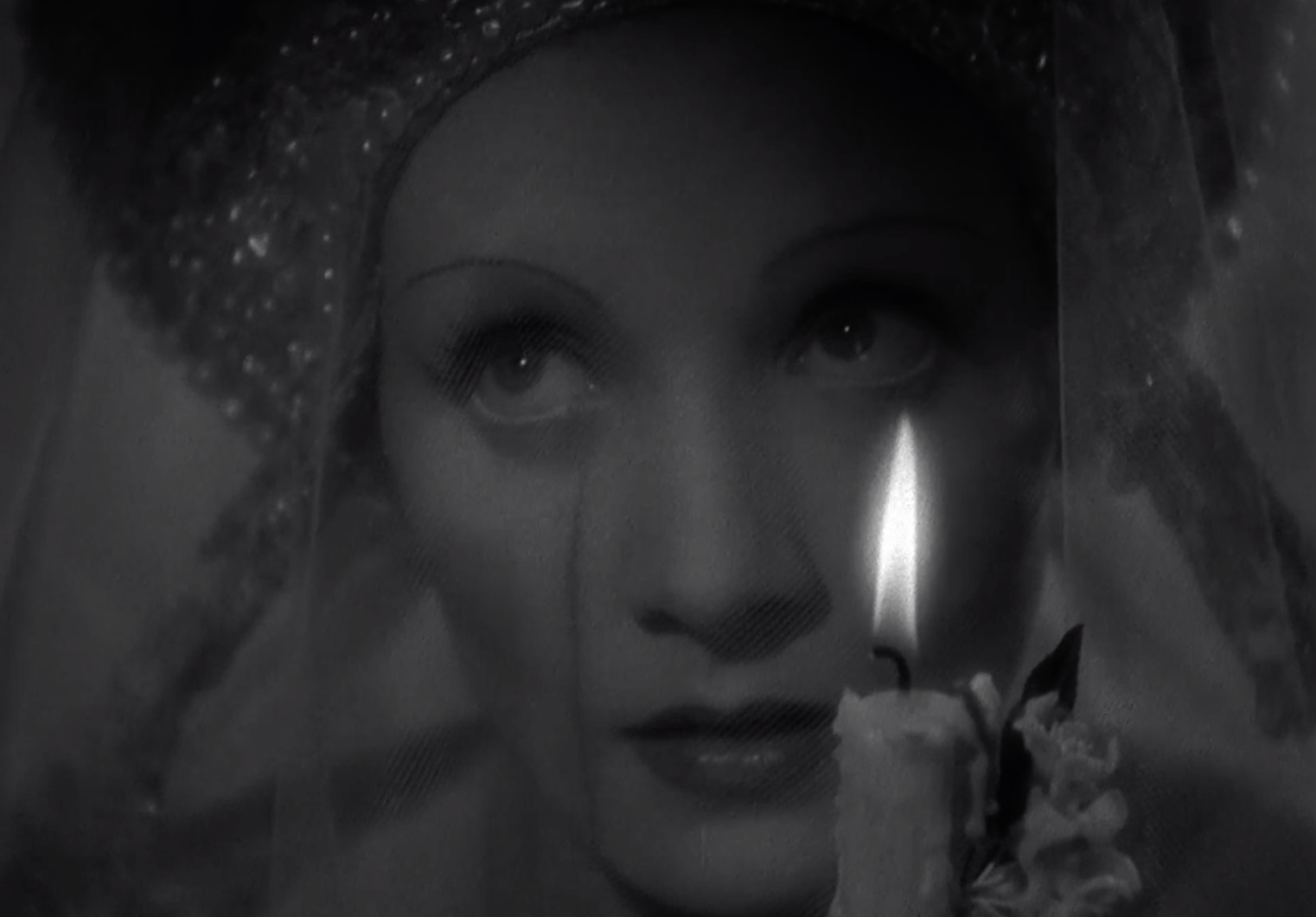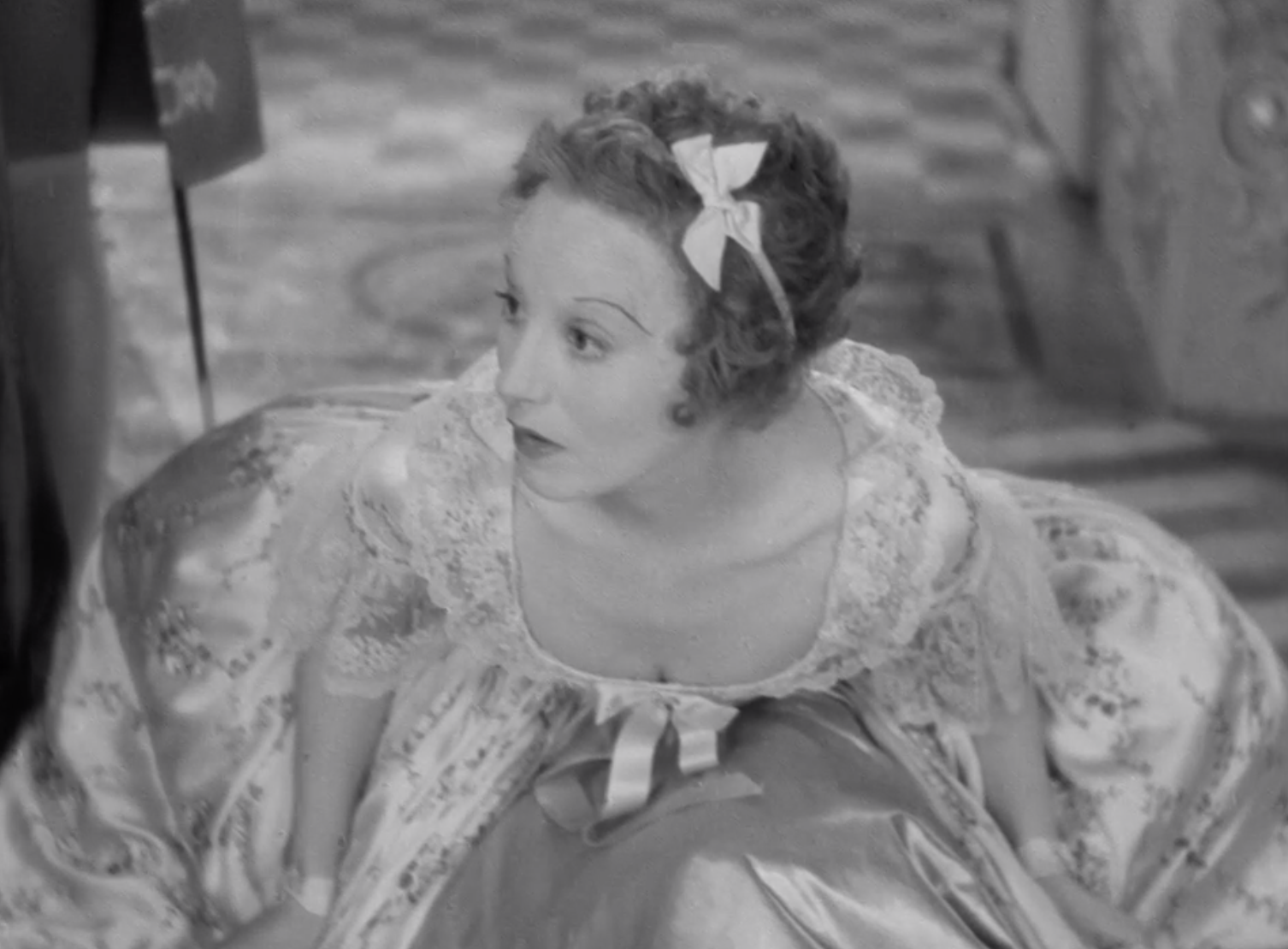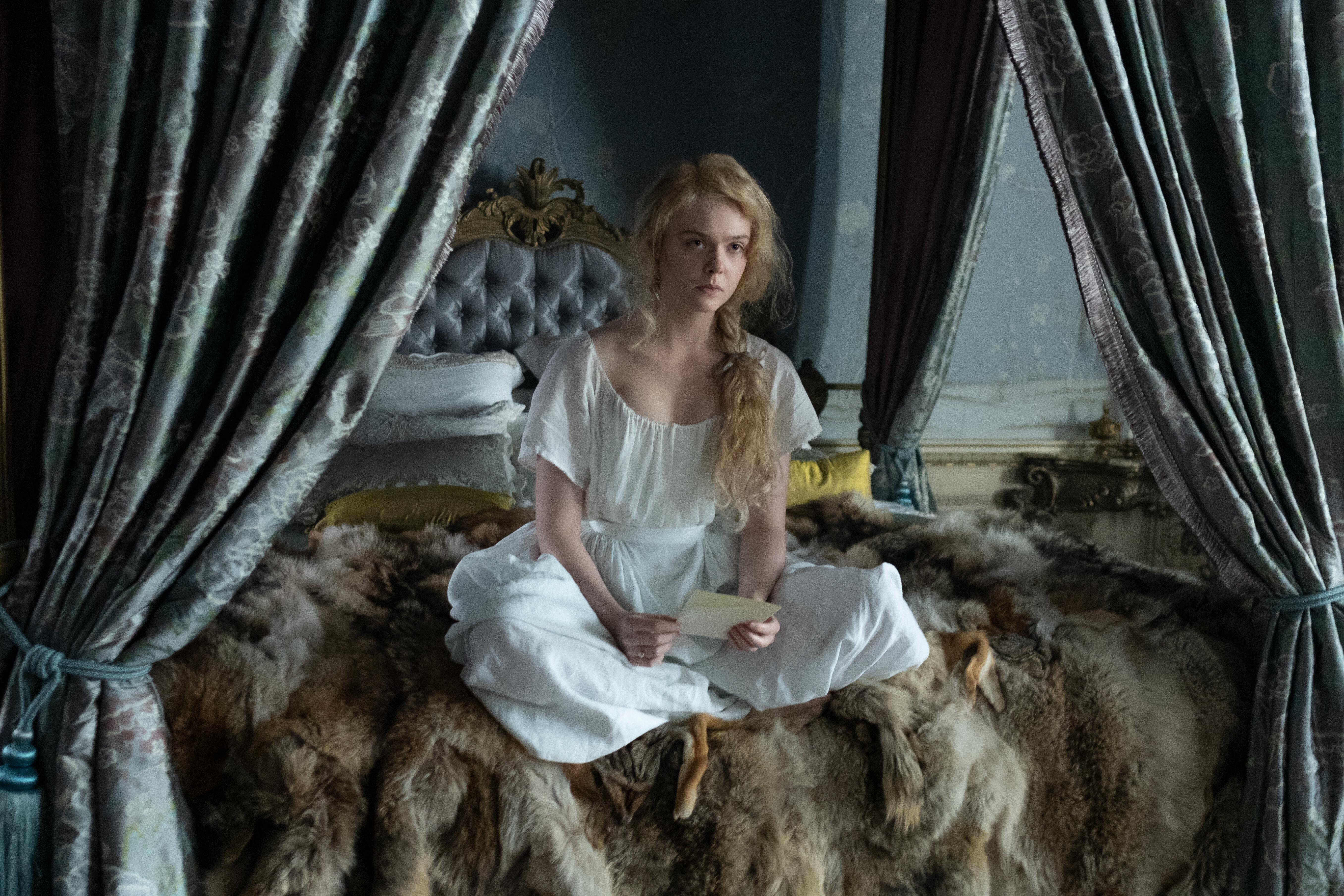Our sexist fascination with Catherine the Great
Even Hulu's new series The Great can't help repeating some tired tropes


A free daily email with the biggest news stories of the day – and the best features from TheWeek.com
You are now subscribed
Your newsletter sign-up was successful
In Hulu's new series about Catherine the Great, the monarch weeps at the unfortunate hand she's been dealt by destiny. "Ever since I was a child, I felt like greatness was in store for me," the despairing young czarina, played by Elle Fanning, tells her servant. "A great life, I felt. Like God himself had spat me forth to land on this Earth and in some way transform it." When asked why God would have made her a woman, then, Catherine answers reasonably enough: "For comedy, I guess?"
It's harshly accurate. In The Great, all 10 hour-long episodes of which premiere Friday, Catherine is a competent empress stymied by the imbeciles of the Imperial Russian court, her husband, Peter III, chief among them. When she turns determinedly to stare into the camera at the end of the first episode (with the outro music a cover of "Everybody Wants to Rule the World," of course), it is with the same riot grrrl-flavored revisionism of The Favourite (with which it shares a screenwriter) and Dickinson. But comedy, too often, has been at Catherine's expense, and in vital ways The Great fails to step forward from the sexist lens through which her story has long been told.
For centuries, Catherine the Great has captivated writers, parodists, and directors for dual reasons: because she is one of history's greatest female rulers, and because of her scandalous sexual liberation. Coming to power in a coup d'état that she organized against her own husband, Catherine's reputation was later smeared by her enemies, who successfully painted her as a nymphomaniac and sexual deviant. ("Catherine was involved in 12 romantic relationships, with most lasting for more than two years each," History.com clarifies, noting "these are hardly the sort of numbers one might expect from a raging sex maniac.") Perhaps the most infamous, and crude, of such allegations involved an apocryphal story about her death resulting from bestiality, which continues to require debunking to this day.
The Week
Escape your echo chamber. Get the facts behind the news, plus analysis from multiple perspectives.

Sign up for The Week's Free Newsletters
From our morning news briefing to a weekly Good News Newsletter, get the best of The Week delivered directly to your inbox.
From our morning news briefing to a weekly Good News Newsletter, get the best of The Week delivered directly to your inbox.
The great number of screen adaptations about Catherine the Great, though, might be credited to the way the empress conveniently bridges the classical tropes of both the Madonna and the whore. Arriving in Russia as a bride-to-be, she is depicted uniformly as the blushing picture of innocence and purity (in truth, Catherine née Sophie of Anhalt-Zerbst was just 14 when she was swept from the Prussian principality to Russia, where she was given both a new name and religion). But Peter III was a hard man to love; he had a "brattish reputation," writes historian Simon Sebag Montefiore in The Romanovs, and was heavily pockmarked due to a close call with smallpox that possibly also left him sterile. Even Peter's aunt, the Empress Elizaveta, called him a "monster"; once, when Catherine was pregnant, he "captured a rat which he sentenced to death in a military tribunal and hanged in her bedroom." Pushed away from the husband she was bound to, the future empress of Russia found her own ways to happiness.
It is Catherine's arrival in Russia, though, that occupies a particularly sexist fascination by the many male directors who have conducted the scene. In 1934's The Scarlet Empress, in which Catherine is captivatingly portrayed by Marlene Dietrich and directed by the great Josef von Sternberg, the (literally) quivering bride is lit like a religious figure. Her betrothed, meanwhile, is a ghastly, vampiric-looking Peter, whose exaggerated lunacy makes Catherine seem even more vulnerable and submissive. Enhanced by "lingering fetishistic closeups of Dietrich's cold, erotic face," the actress "[regards] us with contemptuous passivity while we commit sins of thought by contemplating sins of deed," the late Roger Ebert had observed in his review. This version of Catherine is offered as a conduit for male fantasies, with the movie's eventual end finding a triumphant, sexually liberated, androgynous Dietrich dressed in men's clothes.

The Rise of Catherine the Great, also from 1934, similarly portrays Catherine as a blissfully naïve and dutiful bride: "Russia just takes my breath away," she gasps at one point in excitement. She is even more childlike than Dietrich's portrayal, fiddling with the bow on her dress and pouting when she unknowingly encounters a dashing Peter in the palace hallway. On their wedding night, when he leaves her alone in bed, Peter's aunt finds Catherine in tears. "It's easy to love the good ones," Catherine explains, "but one must love the others, 'cause they need our love. Don't you see? He needs it." While Catherine eventually rises to power, it is with regret and little of her own agency — she has a devoted wife's despair when she is told her husband's death is the price she's paid for the throne.

The Great doesn't leave behind these versions of an innocent, idealized bride. Even the casting of Elle Fanning plays up Catherine's childlike, unspoiled nature; Indiewire calls her, not wrongly, "the literal embodiment of the fairy princess." On her wedding night, she is gifted a bear, biting her finger with an immature excitement. Fanning's Catherine is also a hopeless romantic (although in truth, it was Peter who occupied his time with romance novels), introduced on a rococo flower swing that recalls Dietrich's unselfconscious play at the beginning of The Scarlet Empress. She's likewise inexperienced in the ways of love; when told by the archbishop that he must investigate if her "interior wall has been breached" before she can wed, Catherine blinks back at him in confusion until her maid whispers the explanation in her ear. His suggestively-licked fingers to end the scene are — comedy? Further titillation?
A free daily email with the biggest news stories of the day – and the best features from TheWeek.com
Catherine is later asked by her maid what she expects to happen on her wedding night, to which she replies, "you suppose me more naïve then I am." She then launches into a Harlequin Romance-like description ("…The man caresses you softly … your bodies meld, your souls mesh … you float for a time in ecstasy…") that is funny because of the dramatic irony that an entirely antithetical coupling is ahead. Of course, nothing Catherine had imagined for herself turns out as planned.

The character of Catherine the Great has long been the butt of jokes and slut shaming because of her eventual sexual liberation, while her arrival in Russia is almost uniformly depicted in its exaggerated opposite. Importantly, both are distinctly masculine fantasies of a complicated and, for her time, progressively feminist woman. HBO's recent four-part adaptation, Catherine the Great, perhaps achieves its aims of avoiding the sensationalism around Catherine in part because it entirely skips her introduction to Peter, focusing instead on the romantic relationships of the older empress (Helen Mirren).
On the whole, The Great is a delightful, breezy retelling of Catherine's story, which makes the stale tropes about her transformation all the more exhausting. It makes me wonder, also, what could be achieved by putting her story in the hands of a female showrunner the next time around. For centuries now, it has been men who've largely been the ones to interpret Catherine the Great's story — one can't help but wonder, if you did away with all the blushes and sighs, the nightgowns and tears, what might have been said instead.
Jeva Lange was the executive editor at TheWeek.com. She formerly served as The Week's deputy editor and culture critic. She is also a contributor to Screen Slate, and her writing has appeared in The New York Daily News, The Awl, Vice, and Gothamist, among other publications. Jeva lives in New York City. Follow her on Twitter.
-
 The Olympic timekeepers keeping the Games on track
The Olympic timekeepers keeping the Games on trackUnder the Radar Swiss watchmaking giant Omega has been at the finish line of every Olympic Games for nearly 100 years
-
 Will increasing tensions with Iran boil over into war?
Will increasing tensions with Iran boil over into war?Today’s Big Question President Donald Trump has recently been threatening the country
-
 Corruption: The spy sheikh and the president
Corruption: The spy sheikh and the presidentFeature Trump is at the center of another scandal
-
 Epstein files topple law CEO, roil UK government
Epstein files topple law CEO, roil UK governmentSpeed Read Peter Mandelson, Britain’s former ambassador to the US, is caught up in the scandal
-
 Iran and US prepare to meet after skirmishes
Iran and US prepare to meet after skirmishesSpeed Read The incident comes amid heightened tensions in the Middle East
-
 Israel retrieves final hostage’s body from Gaza
Israel retrieves final hostage’s body from GazaSpeed Read The 24-year-old police officer was killed during the initial Hamas attack
-
 China’s Xi targets top general in growing purge
China’s Xi targets top general in growing purgeSpeed Read Zhang Youxia is being investigated over ‘grave violations’ of the law
-
 Panama and Canada are negotiating over a crucial copper mine
Panama and Canada are negotiating over a crucial copper mineIn the Spotlight Panama is set to make a final decision on the mine this summer
-
 Why Greenland’s natural resources are nearly impossible to mine
Why Greenland’s natural resources are nearly impossible to mineThe Explainer The country’s natural landscape makes the task extremely difficult
-
 Iran cuts internet as protests escalate
Iran cuts internet as protests escalateSpeed Reada Government buildings across the country have been set on fire
-
 US nabs ‘shadow’ tanker claimed by Russia
US nabs ‘shadow’ tanker claimed by RussiaSpeed Read The ship was one of two vessels seized by the US military
